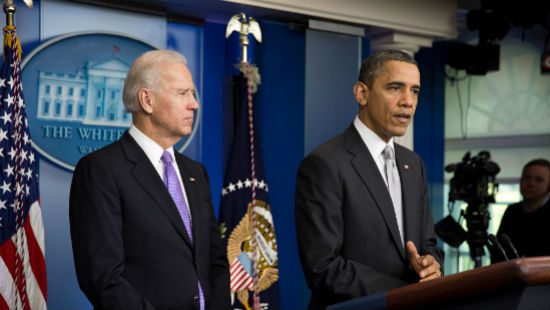The following is a letter that Rep. Abraham Lincoln (W-Ill.) wrote to his friend and law partner, William H. Herndon, in February of 1848. I’ve posted this same letter several times here before because it remains disturbingly timely.
Back in 2002 and 2003, I commended this letter as a warning against the foolishness of choosing an unnecessary and immoral war against Iraq. That war is still going on, 17 years later, still costing our country trillions of dollars and still ending or upending countless lives. It is a war that can never be won, or ended, or explained.
And now we’re teetering on the brink of haphazardly choosing to begin another unnecessary and immoral war that will also be impossible to “win,” or to end, or to explain. (This piece by Albert Burneko captures the maddeningly dreadful deja vu we’re all living through: “Remember when literally all of this happened already?“)
I suppose re-posting Lincoln’s 1848 letter is something of a futile gesture. If reciting Lincoln’s arguments failed to do anything to stop reckless fools from starting a useless war in 2003, why imagine such arguments will be helpful now? Heck, Lincoln’s arguments didn’t even prevail back in 1848.
But while Lincoln’s argument may not provide a magical solution to our recurring predicament, I think the letter is worth re-reading yet again because it helps us to clarify and identify the disease, if not the cure.
TO WILLIAM H. HERNDON.
WASHINGTON, February 15, 1848.
DEAR WILLIAM:–Your letter of the 29th January was received last night. Being exclusively a constitutional argument, I wish to submit some reflections upon it in the same spirit of kindness that I know actuates you. Let me first state what I understand to be your position. It is that if it shall become necessary to repel invasion, the President may, without violation of the Constitution, cross the line and invade the territory of another country, and that whether such necessity exists in any given case the President is the sole judge.
Before going further consider well whether this is or is not your position. If it is, it is a position that neither the President himself, nor any friend of his, so far as I know, has ever taken. Their only positions are–first, that the soil was ours when the hostilities commenced; and second, that whether it was rightfully ours or not, Congress had annexed it, and the President for that reason was bound to defend it; both of which are as clearly proved to be false in fact as you can prove that your house is mine. The soil was not ours, and Congress did not annex or attempt to annex it. But to return to your position. Allow the President to invade a neighboring nation whenever he shall deem it necessary to repel an invasion, and you allow him to do so whenever he may choose to say he deems it necessary for such purpose, and you allow him to make war at pleasure. Study to see if you can fix any limit to his power in this respect, after having given him so much as you propose. If to-day he should choose to say he thinks it necessary to invade Canada to prevent the British from invading us, how could you stop him? You may say to him,–I see no probability of the British invading us”; but he will say to you, “Be silent: I see it, if you don’t.”
The provision of the Constitution giving the war making power to Congress was dictated, as I understand it, by the following reasons: kings had always been involving and impoverishing their people in wars, pretending generally, if not always, that the good of the people was the object. This our convention understood to be the most oppressive of all kingly oppressions, and they resolved to so frame the Constitution that no one man should hold the power of bringing this oppression upon us. But your view destroys the whole matter, and places our President where kings have always stood. Write soon again.
Yours truly,
A. LINCOLN.












